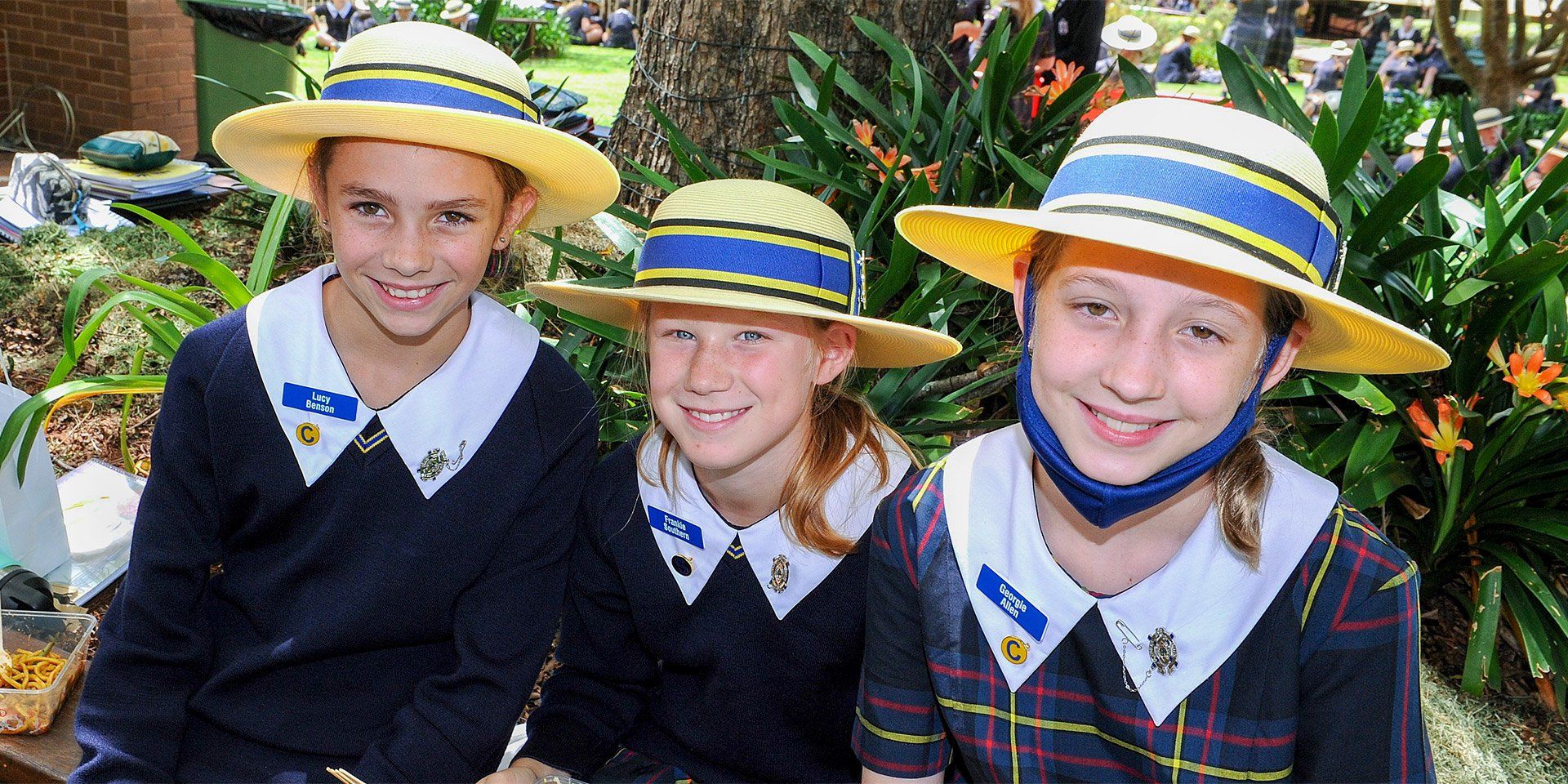Beginning The First Quarter
The first quarter at Â鶹ÊÓƵhas begun – Term One, special, unique and entirely different from any term that has come before. We began with remote learning and a hybrid model of staff professional learning prior to that. It’s interesting the way that we begin, isn’t it? Meticulously planned or chaotically random – we all sit somewhere on that continuum. Some of us thirst for order whilst others thrive on the newness of things. Yet, it’s hard to imagine any accomplished musician or athlete entering their performance arena without the gift of an eternity of practice and a clear game plan. Their metaphoric first quarter would follow a path of intention and be bolstered by a commitment to perform at their best. Is that how we begin our school year, our first quarter – with intention and commitment to do our best?
Listening to Australia’s winter Olympic gold medalist Jakara Anthony speak, was a reminder of the value of preparation and the possession of a clear game plan. When asked what seemed a fatuous question, ‘When you finished fourth at the Olympics in Pyeongchang, did you start talking about what you needed to do differently to reach a podium finish?’ It was unsurprising that she answered, ‘Of course.’ But she also said that she was happy with that fourth, not tortured in the way we might predict. She said something to the effect of, ‘that was my personal best at the time, and I skied at my best at that time. I have no disappointment whatsoever that I came fourth there, I couldn't have asked any more of myself at the time.’
There’s something refreshingly ‘Ash Bartyesque’ in her ability to enjoy the moment, to step away from public opinion and audience scrutiny, and revel in the moment, to fully immerse in the sport she loves. Impressively, this is how she described the thirty seconds that led to her gold medal finish. ‘In that 30 seconds [of that run], I couldn't hear the crowd. I felt no pressure, I wasn't thinking about the competition. I was just in the moment loving mogul skiing just like I did as a kid. Some people call that the flow. I am in search of that every day.’ What a gift: in an Olympic final there was the absence of pressure and the invisibility of spectators. Imagine if students could step into an exam room seeking flow, enjoying the moment and without the feeling of pressure. Imagine.
And imagine if students learned for the joy of learning. Jakara says that ‘winning’ her first Olympic competition was not about a medal, or a podium finish, and that ‘medals are great, but they aren’t what drive me.’ Yet she is driven. She is driven in the pursuit of excellence. She is driven to practice, prepare, and then practice some more in the quest for ‘flow’, the ability to be in the moment with her sport. Jakara had been preparing for this golden moment for almost her whole life, from the time she donned her first skis at the age of four. If we knew more of her story we would invariably know about hard, hard work, setbacks, disappointments and a steely determination to perfect the ‘imperfectable’. Nothing worthwhile ever happens without effort.
I wonder what thoughts were in her mind when she stood at the top of the snowy mogul run and readied herself to begin. Perhaps her head was clear, unfettered by pressure and full of the view in front of her … perhaps. That’s because she had begun planning and preparation long before that moment. Her ‘axe was sharpened’ and she was ready to attack the slopes. Could we say the same about the way in which we have begun our first quarter at Â鶹ÊÓƵin 2022? I have done some reading on first quarters (of course) – research has found that those that win the first quarter are more likely to be the winner at the final whistle. It seems a self-evident truth, doesn’t it?
Beginning matters, but the preparation that occurs before we begin, matters even more. Can we say that we are as prepared as we can be to achieve our goals for the term? The essence of an effective first quarter will see these elements:
- Showing up, and showing up on time, prepared
- Goals set and goals shared with those we trust.
- The establishment of small victories or milestones along the way –
- A commitment to do the small things well.
Let us view each term, each quarter as important. No athlete wins an important race without success in each quarter of that race. And, I suspect, that our most successful students - on any measure, are prepared, intentional, committed and self-aware enough to set milestones along the way. Let us begin, with axe sharpened for all that lies ahead.

Kind regards,
Dr Linda Evans | Principal
References
Hytner, M. (2022). The Guardian. 7 February 2022.
McGarry, A & Smale, S. (2022). ABC News. 6 February. 2022
More News



More News…







